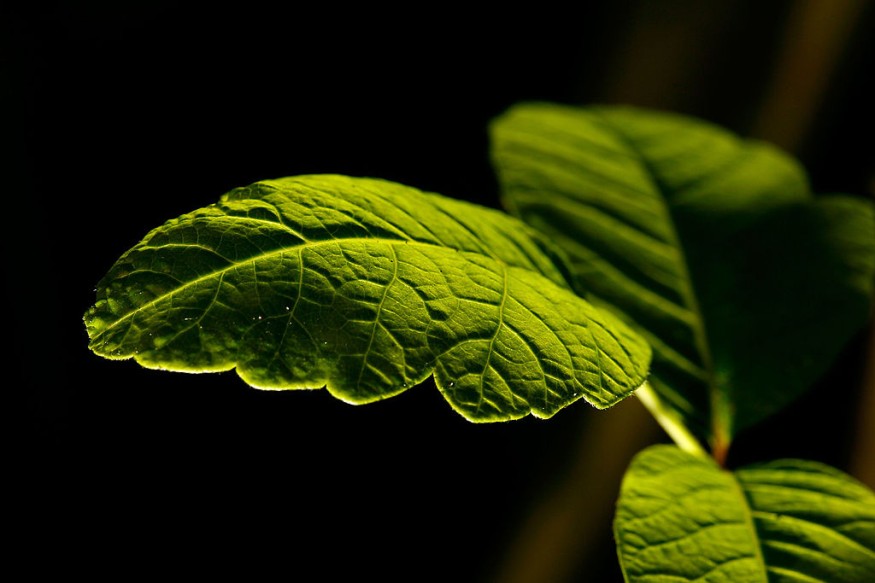The Agricultural Research Service (ARS) of the U.S. Department of Agriculture (USDA) recently stated that people might use plants to make nanobodies that swiftly fight new viruses in human medicine and agriculture. These nanobodies provide a potentially effective new method of treating viral illnesses like SARS-CoV-2.
Small antibody proteins known as nanobodies are created spontaneously in several species of animals, including camels, alpacas, and llamas.
To prevent and cure citrus greening disease in citrus plants, ARS researchers are examining nanobodies. These researchers are now demonstrating that nanobodies may be easily manufactured in a plant system with extensive agricultural and public health implications utilizing their recently created and patent-pending SymbiontTM technology.
Researchers posted the study, "Plant production of high affinity nanobodies that block SARS-CoV-2 spike protein binding with its receptor, human angiotensin converting enzyme," on the bioRxiv preprint service.

Nanobodies in Plant Cells to Prevent Viral Cells
As a proof-of-concept, studies revealed that SARS-CoV-2 nanobodies could be produced in plant cells and would still be effective in preventing the binding of the virus' spike protein to its receptor protein, which is what causes viral infection in human cells.
"We initially wanted to develop sustainable solutions to pathogens in crop production," said ARS researcher Robert Shatters, Jr., in a statement. He added the study's findings became advantageous to the country's agriculture sector.
"But now we are aware of an even greater result - the benefits of producing therapeutics in plants now justify the consideration of using plants to mass produce COVID-19 protein-based therapies," Shatters mentioned.
The study's findings are effective and advantageous to the country's agricultural sector. The benefits of generating treatments in plants now warrant thinking about employing plants to create COVID-19 protein-based medications in large quantities; the researchers have discovered an even bigger outcome.
Plant-based Production System
Together with USDA-ARS, AgroSource, Inc. created a plant-based production system. They are now conducting the required actions to examine how they might introduce this development into the business sector.
ARS researcher Michelle Heck noted (per Phys.org) the significant scientific advancement that offers creative answers to problems in agriculture and public health.
Heck noted that this method, which is plant-based and economical, demonstrates that there are more strategies for dealing with and halting the spread of new infections.
This practical plant-based approach demonstrates more strategies for dealing with and halting the spread of new infections. The strategy can significantly increase prospects for livelihood development in rural agricultural regions across the nation and neighboring countries.
RELATED ARTICLE : Aalyria Uses Laser Beam Technology in its Inherited Google Loon Project
Check out more news and information on Technology, Medicine and Health in Science Times.










